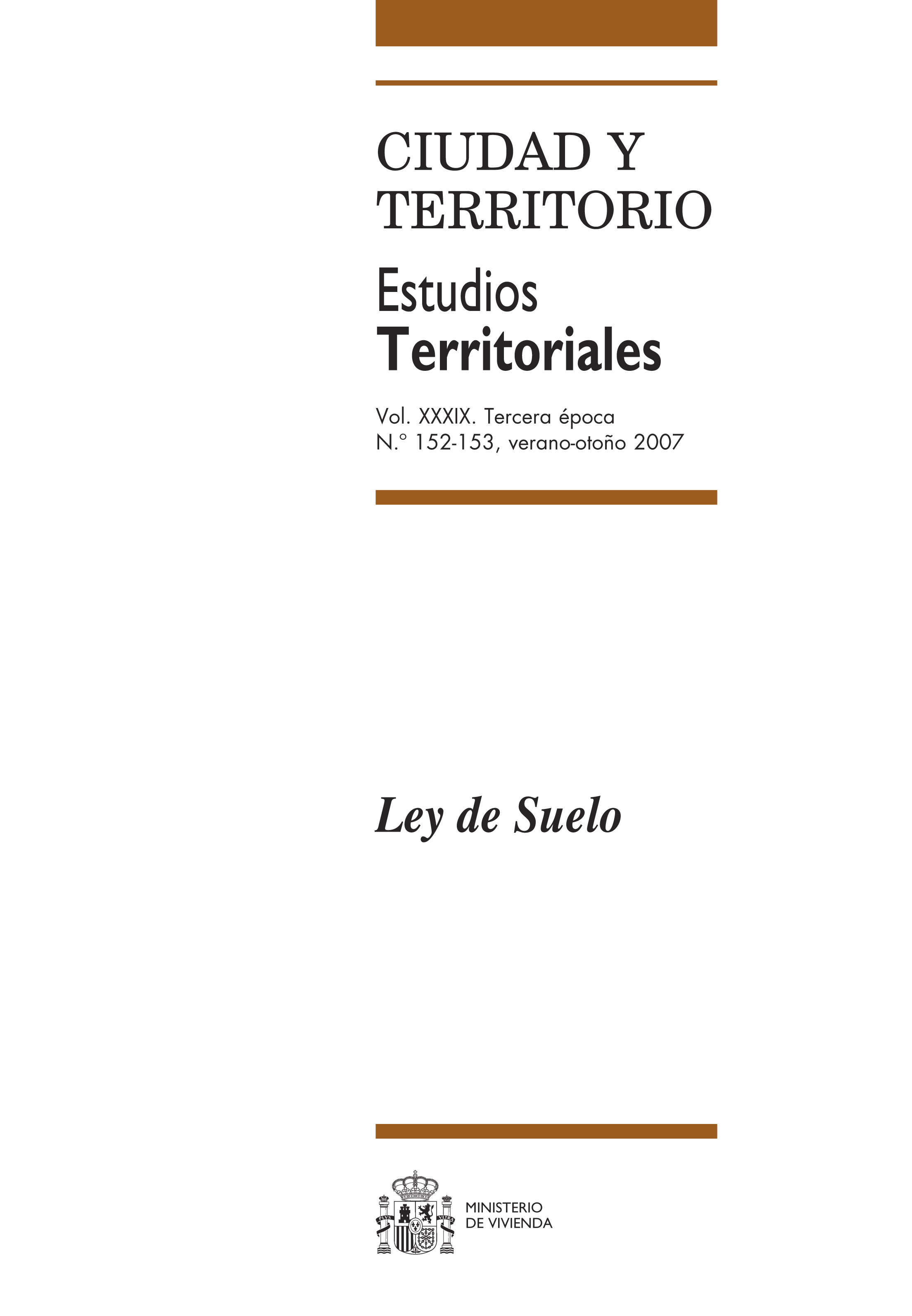Equity for the Citizen and the New Law
Abstract
With both rigour and verve, the paper points up the crying legal necessity for new territorial legislation as to
the holding and transformation of ground-for/in-use, this being seen as consequent upon the inadequacies arising
from the fugitive standing to date of overlapping legal doctrine as to these particulars that has been in force.
An inescapable need is here felt for reconciling the contrast between the legal standing of such ground throughout
the nation deriving from its proper characteristics and then again its actual usage marks the legal
framework within which the Preliminary Contemplations of the New Law, were it to become an effective guarantee
for equity. The contrasted claims of any once and for all territorial governance as to a definitive use to
which ground is to be put and the programming of a punctual urbanistic development together point up the twinfold
nature of the issue joined when seeing ground as either the base material for urbanistic change, be this by
building upon it or preparing it for urban articulation or as enshrining a fixed and inalienable property right
that carries with it the further one of a free disposing as to use of the same, a right that under conditions of free
market initiative guarantees would run to the carrying out of urbanistic developments to the general weal.
Downloads
Downloads
Published
How to Cite
Issue
Section
License
Copyright (c) 2007 Luciano Parejo Alfonso

This work is licensed under a Creative Commons Attribution-NonCommercial-NoDerivatives 4.0 International License.
Considering the provisions of the current legislation on Intellectual Property, and in accordance with them, all authors publishing in CyTET give -in a non-exclusive way and without time limit- to the Ministry of Transport, Mobility and Urban Agenda the rights to disseminate, reproduce, communicate and distribute in any current or future format, on paper or electronic, the original or derived version of their work under a Creative Commons Attribution-NonCommercial-NoDerivative 4.0 license International (CC BY-NC-ND 4.0), as well as to include or assign to third parties the inclusion of its content in national and international indexes, repositories and databases, with reference and recognition in any case of its authorship.
In addition, when sending the work, the author(s) declares that it is an original work in which the sources that have been used are recognized, committing to respect the scientific evidence, to no longer modify the original data and to verify or refute its hypothesis. Author(s) also declare that the essential content of the work has not been previously published nor will it be published in any other publication while it is under evaluation by CyTET; and that it has not been simultaneously sent to another journal.
Authors must sign a Transfer of Rights Form, which will be sent to them from the CyTET Secretariat once the article is accepted for publication.
With the aim of promoting the dissemination of knowledge, CyTET joins the Open Journal Access (OA) movement and delivers all of its content to various national and international indexes, repositories and databases under this protocol; therefore, the submission of a work to be published in the journal presupposes the explicit acceptance by the author of this distribution method.
Authors are encouraged to reproduce and host their work published in CyTET in institutional repositories, web pages, etc. with the intention of contributing to the improvement of the transfer of knowledge and the citation of said works.








 Enlace a CyTET en Linkedin
Enlace a CyTET en Linkedin